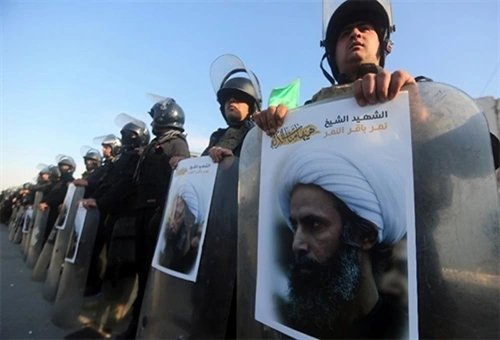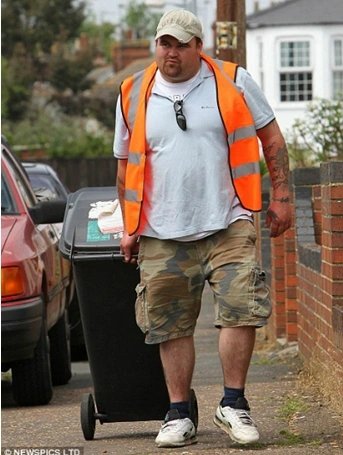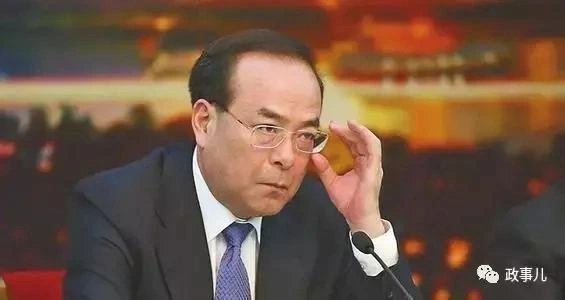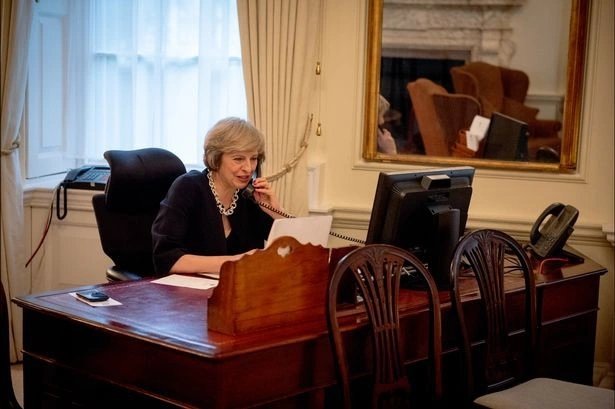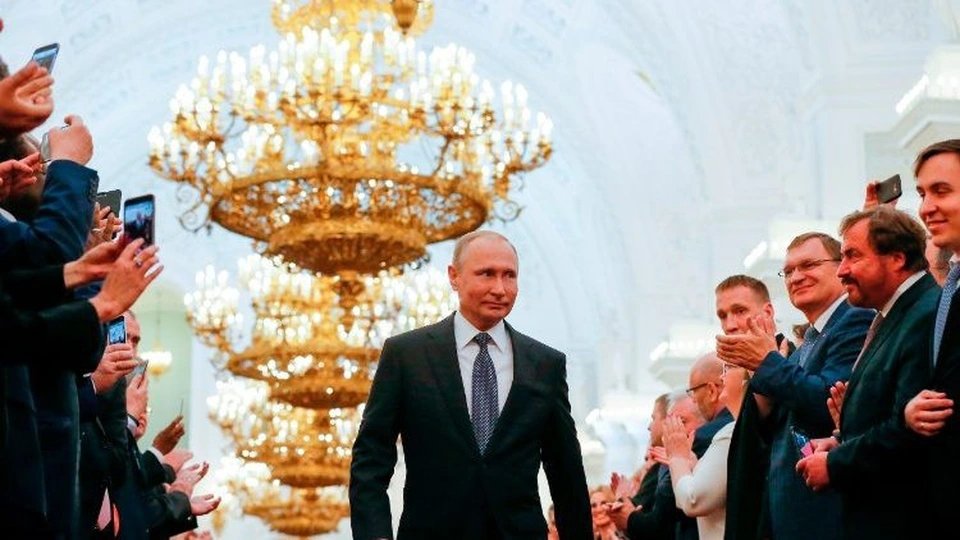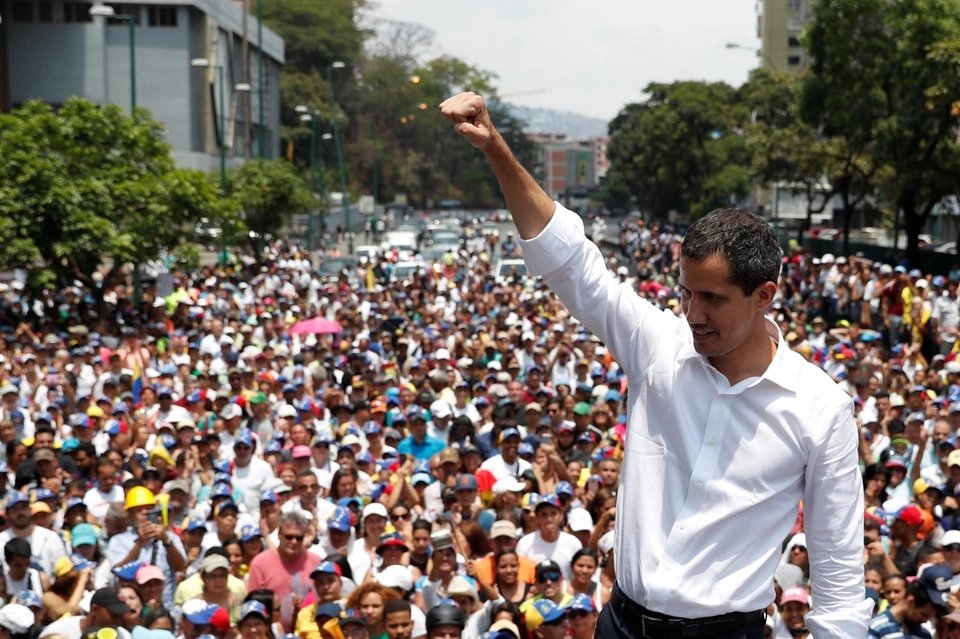
`SARS forced the whole country to pay attention to people’s lives,` he said on the 10th anniversary of the SARS crisis that broke out in 2003. `We have made great progress, but our footsteps are still very
As the Wuhan pneumonia epidemic is spreading across China and globally, killing 25 people, China is facing a test of how much it has changed since 2003, both in terms of its ability to respond.
Chinese President Xi Jinping in Macau in December 2019.
Speaking this week, Chinese President Xi Jinping demanded `all-out efforts` to prevent the spread of the virus and treat those infected.
Wuhan pneumonia is the latest crisis facing Mr. Xi, when he is still `headache` with many issues such as the US-China trade war, protests in Hong Kong and the Taiwan issue.
Mr. Xi is the Chinese leader with the most power concentrated in his hands since Mao Zedong.
After Mr. Xi issued the summons, virus control efforts were stepped up nationwide.
The pneumonia epidemic may be China’s opportunity to dispel the ghost of SARS.
The first case of SARS infection was identified in southern China in November 2002.
However, even as the disease spread throughout Guangdong province, Chinese media was censored, and patients and family members were prevented from talking about the disease.
It was not until Jiang Yanyong, a retired Chinese military doctor, exposed this cover-up in early 2003 that much of China and the rest of the world became aware of the real danger.
In the months that followed, the Chinese government officially apologized for its slow reporting of the epidemic and the country’s health minister and Beijing’s mayor were dismissed.
In the current crisis, China on the surface seems to be handling it much better than during SARS.
However, there is also a hidden problem behind it.
There are signs that officials in Wuhan downplayed the risk of the virus for several weeks, causing delays in containing the spread.
Speaking to state media, Wuhan officials said the virus was unlikely to spread from person to person.
Wuhan authorities also tried to control discussion about the virus.
Even as researchers in the UK estimated the spread could affect at least 1,700 people, no new cases were reported in Wuhan, although infections were detected in other countries.
It was only when inspectors from Beijing assessed the situation that the proper alarm was raised.

Countries with patients infected with Wuhan pneumonia virus.
Speaking to state media this week, Wuhan Mayor Zhou Xianwang admitted the city’s warning was `not enough`.
Whether the problem is due to bureaucracy or a politically motivated cover-up, the delay could not have come at a worse time: the `spring transport` season is underway, hundreds of millions of people moving across the country, jostling
The order to blockade Wuhan was not issued until January 23, the 29th day of the Lunar New Year.
Censorship of the press and internet in China causes information to spread slowly, and people can only rely on official sources in the hope that officials will be transparent.
When Mr. Xi announced `going all out`, this move was considered a `green light` for Chinese media to report on the Wuhan virus.
After the SARS crisis, China learned the lesson to be open and transparent with information.
Like the proverb, Mr. Xi is `far away` from the local government and cannot quickly get information.

